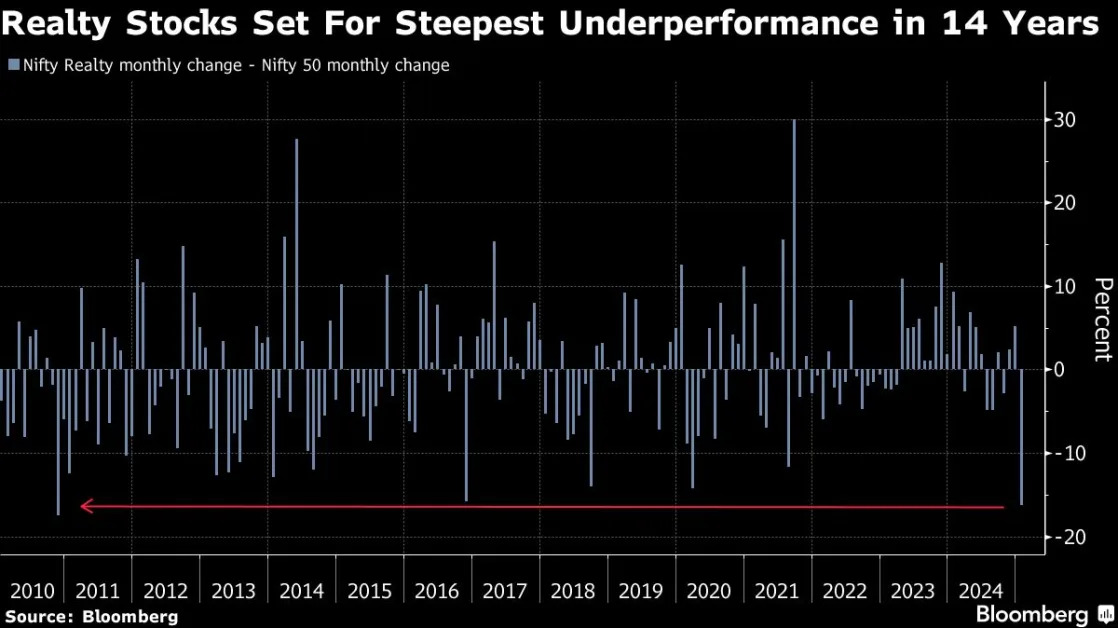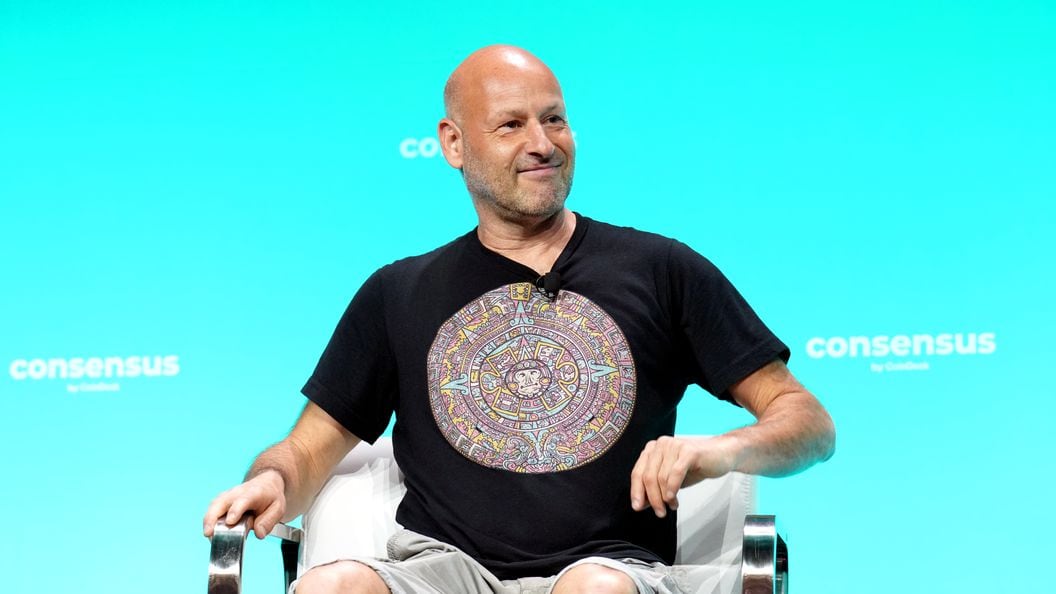Nvidia CEO Jensen Huang has addressed a selloff that wiped nearly $600 billion from his company’s market value.
In an interview for Nvidia partner DDN and its software platform, Infinia, Huang said the market’s response to DeepSeek was based on a misunderstanding.
He called the Chinese AI startup’s R1 reasoning model “impressive,” but emphasized that future AI models will still rely on Nvidia’s computing power, especially when refining and improving their capabilities in post-training.
DeepSeek kick-started a market rout last month amid the release of its R1 reasoning model.
The claim that DeepSeek built its newest model using lower-capability and less-expensive chips caused investors to worry that Big Tech firms could scale back their demand for Nvidia’s more advanced offerings. As a result, the company’s stock price plummeted.
Huang lost nearly 20% of his personal net worth during the rout. The company’s stock has since recovered most of its losses.
“I think the market responded to R1 as an ‘Oh my gosh, AI is finished,’” Huang said in the pretaped interview. He said that investors saw DeepSeek’s progress as a sign that AI companies didn’t need intense computing anymore, when in reality, the opposite is true.
“From an investor perspective, there was a mental model that the world was pretraining and then inference,” he said. “I don’t know whose fault it is, but obviously, that paradigm is wrong.”
Huang said teaching AI models to “reason” better was the next scaling frontier for the tech sector, and still relied on a huge amount of computing power.
Nvidia addressed the concerns around DeepSeek in a written statement shared with Fortune at the time, but the CEO had not made a public statement until now.
The company made a similar point in its January statement: “Inference requires significant numbers of Nvidia GPUs and high-performance networking. We now have three scaling laws: pretraining and post-training, which continue, and new test-time scaling.”
Nvidia’s AI boom
Nvidia controls the dominant share of the AI chip market and is the front-runner for developing powerful graphics processing units (GPUs) that are needed for training and maintaining AI models.
So far, the company has been one of the biggest beneficiaries of the AI boom owing to an AI arms race that has seen Big Tech companies scramble to stockpile the most advanced chips.
The demand for Nvidia’s chips has been so high that last year, Huang was forced to clarify that the company was doing its best to allocate them “fairly.”
DeepSeek’s R1 model rocked the entire U.S. tech sector by sparking concerns that the U.S.—which long assumed it was leading AI development—might actually be falling behind China.
Despite this, Big Tech CEOs have been largely enthusiastic about DeepSeek’s AI model, even though the launch wiped out $1 trillion from U.S. tech stocks.
Google’s Sundar Pichai, Apple’s Tim Cook, and Microsoft’s Satya Nadella all praised the Chinese company’s efforts on Q4 earnings calls.
In the interview, Huang also took the time to praise DeepSeek’s R1.
“It is so incredibly exciting. The energy around the world, as a result of R1 becoming open-sourced—incredible,” he said.





